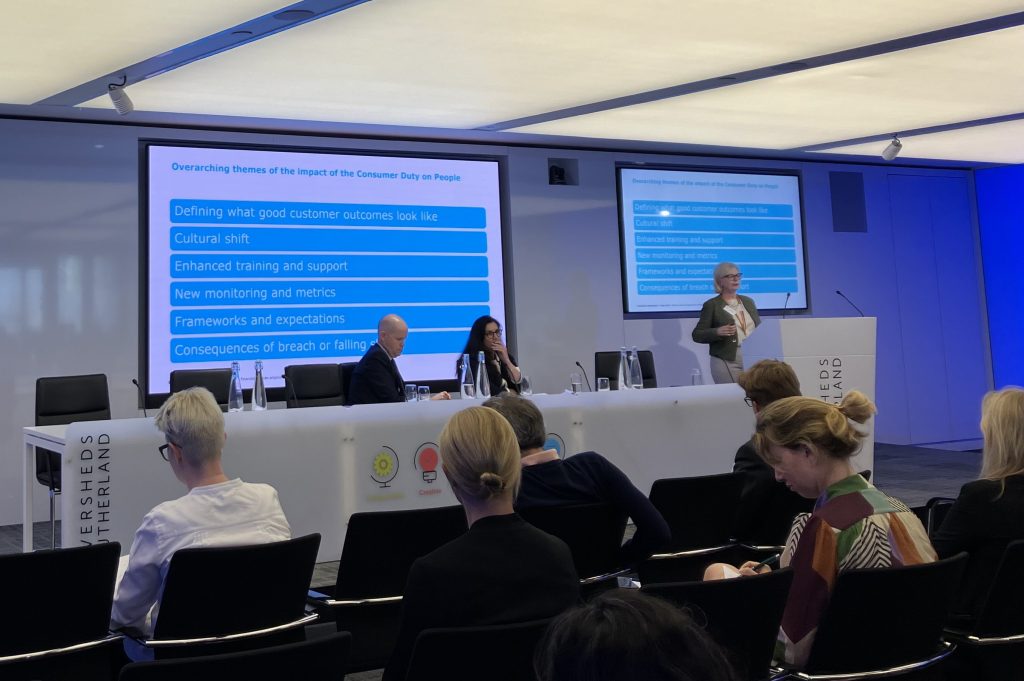The firm’s lawyers debated the FCA’s handling of the Consumer Duty and the subject of non-financial misconduct at a financial services employment conference featuring in-house lawyers, HR, and compliance teams.
Consumer Duty standards
The rules firms will need to abide by are enshrined in the Code of Conduct sourcebook (COCON).
Register for free to keep reading
To continue reading this article and unlock full access to GRIP, register now. You’ll enjoy free access to all content until our subscription service launches in early 2026.
- Unlimited access to industry insights
- Stay on top of key rules and regulatory changes with our Rules Navigator
- Ad-free experience with no distractions
- Regular podcasts from trusted external experts
- Fresh compliance and regulatory content every day

















